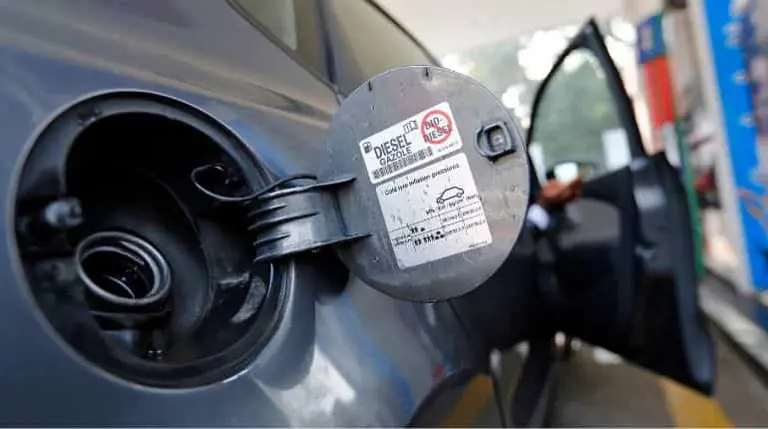India slashes windfall tax on petroleum crude, ATF, and diesel

India slashes windfall tax on petroleum crude, ATF, and diesel
India’s recent announcement of a significant reduction in the windfall tax imposed on key energy products, including petroleum crude, aviation turbine fuel (ATF), and diesel, represents a pivotal measure aimed at providing relief to both consumers and the energy sector at large. This decision marks a noteworthy reversal of the earlier tax hikes that had contributed to the financial burden faced by consumers and various industries reliant on these essential fuel commodities.
With this strategic move, the Indian government seeks to address the mounting concerns surrounding escalating fuel prices and their implications on the overall economy. By easing the tax burden on these crucial energy resources, the authorities aim to mitigate the adverse impact on the cost of living, transportation, and various sectors heavily reliant on fuel, thus fostering a more conducive economic environment. This step is expected to provide a much-needed respite for consumers, while also supporting the sustainability and growth of the energy sector, bolstering its pivotal role in India’s economic landscape.
According to a report by Reuters, the windfall tax on petroleum crude is expected to be decreased from 12,100 rupees ($145) per ton to 9,050 rupees ($108) per ton. Additionally, the government plans to lower the windfall tax on ATF from 2.50 rupees ($0.03) per litre to 1 rupee ($0.01) per litre, and reduce the tax on diesel from 5 rupees ($0.06) per litre to 4 rupees ($0.04) per litre. These adjustments have been introduced with the aim of alleviating the financial burden faced by consumers dealing with the continuous surge in fuel prices, thereby providing some relief in the prevailing economic scenario.
According to a report from Mint, the government initially introduced windfall taxes on domestically produced crude oil sales on July 1, 2022. This action was a response to the substantial profits accumulated by oil exploration and production companies, driven by the surge in crude oil prices reaching multi-year highs, especially in the aftermath of Russia’s invasion of Ukraine.
The same report highlighted that while the recent adjustments in the windfall taxes are anticipated to offer respite to consumers and ease financial burdens, it is imperative to recognize that global oil prices remain volatile. On October 17, international oil prices experienced an upswing. Brent futures climbed by $0.74, reaching $90.39 per barrel, while US West Texas Intermediate (WTI) crude saw a rise of $0.69, reaching $87.35.
The fluctuations in the oil market are influenced by a myriad of global factors, including developments in the political landscape. This underscores the intricacies involved in maintaining a stable and predictable economic environment amidst the dynamic nature of the global oil market.
In the current local market scenario, the trading of crude oil futures, scheduled to conclude on October 19, portrayed a downward trend, registering a decline of 0.7 percent, settling at 7,188 rupees ($86.3) per barrel on the Multi Commodity Exchange (MCX). Notably, throughout the trading session, the price of crude oil exhibited fluctuations within a range spanning from 7,132 ($85.6) to 7,528 ($90.4) rupees per barrel, showcasing the substantial volatility within the market.
This range signifies the significant variance in investor sentiment and market dynamics, highlighting the challenges associated with making accurate predictions and managing the ever-evolving nature of the energy sector. The comparison with the preceding closing rate of 7,239 rupees per barrel underscores the persistent volatility and uncertainty prevailing within the domestic crude oil market.





